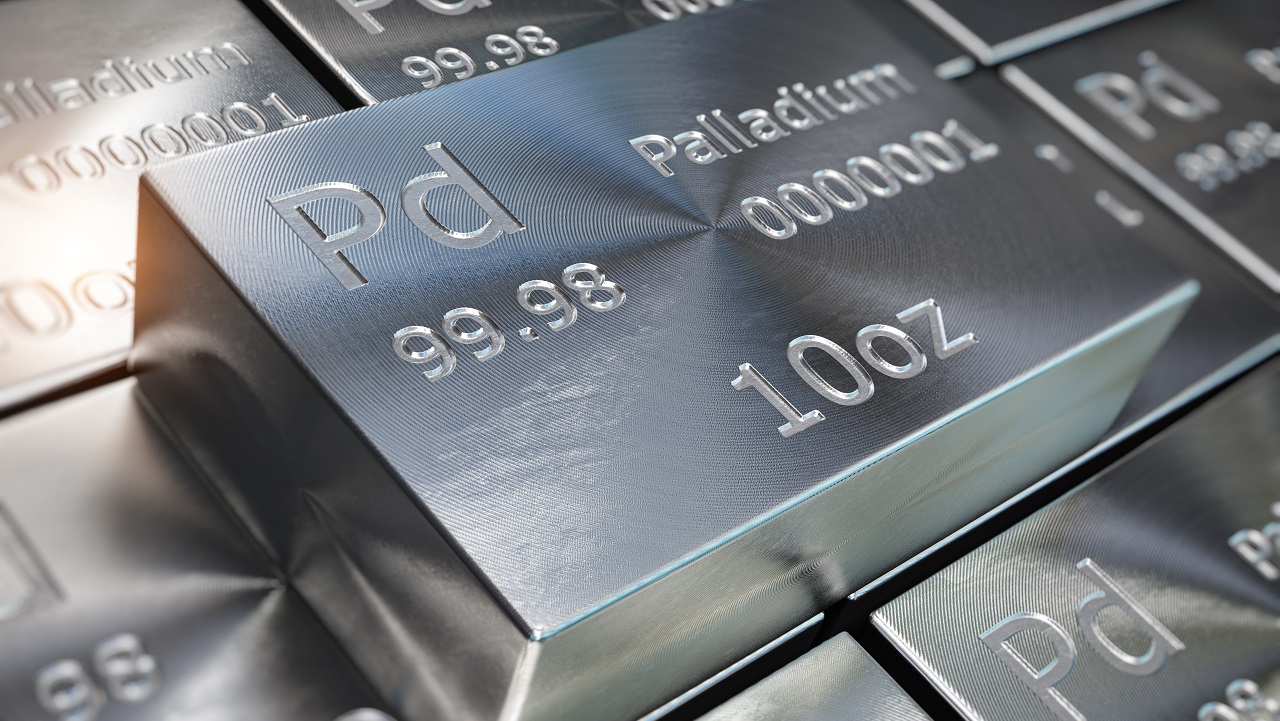
With the introduction of a token to represent palladium, transactions with digital assets that are backed by precious metals have begun in Russia. In Russia, the rare metal that is commonly used in jewelry isn’t publicly available.
Atomyze and Rosbank Issue Digital Tokens for Palladium
Rosbank and Atomyze Russia, an online platform that specialises in commodity tokenization, started digital financial asset (DFA) transactions based upon precious metals. Atomyze released a press release announcing the first token for palladium. The holders will be entitled to a monetary claim equal to the current market price of the metal.
According to the Prime business news agency, Palladium was not considered a Russian public asset. However, the investment is seen as promising. It is used to replace platinum in jewelry, and there is a growing demand for platinoids. Palladium is used in industrial manufacturing.
Atomyze Russia has been registered as an operator of the DFA platform with the Central Bank of Russia and is authorized to provide blockchain-based financial products. The report explains that tokenization could create new opportunities for private investors and businesses, and offer alternative tools.
Digital financial assets is the only legal term that can currently apply to cryptocurrencies in Russia, until a dedicated law “On Digital Currency” is adopted, possibly this fall. DFA is not a term that refers to decentralized currencies. It applies mostly to digital assets which have entities who are responsible for issuance and distribution of the asset. This ensures that the asset has the right rights. In the law “On Digital Financial Assets,” various tokens are in fact defined as “digital rights.”
One of the founders of Atomyze and billionaire Vladimir Potanin commented on the new Russian precedent of digital rights that allow investment in raw materials like metals. He went even further by stating this is the start of a new era for the Russian economy, “the era of tokenization.” Potanin has previously expressed hope that tokens, along with the digital ruble, will replace “unreliable” crypto assets. DFAs could also be used to replace foreign currency deposits, according to some.
“This first step is just the beginning of a great story that will include a new vision of traditional products and the creation of fundamentally new products for issuers and investors,” added Ekaterina Frolovicheva, chief executive officer at Atomyze Russia.
Russia is yet to fully regulate cryptocurrency as discussions about their future have been slowed by current geopolitical circumstances. Although most governments oppose cryptocurrency use in payment, there is growing support for a small number of crypto payments being allowed in international trade despite sanctions. DFA payments within Russia are now prohibited by a law signed recently by President Vladimir Putin.
What do you think about other tokens with precious metals backing them being issued in Russia. Let us know your thoughts in the comment section.
Images creditShutterstock. Pixabay. Wiki Commons
DisclaimerThis article serves informational purposes. It does not constitute an offer, solicitation, or recommendation of products or services. Bitcoin.com doesn’t offer investment, tax or legal advice. This article does not contain any information, products, or advice that can be used to cause or alleged result in any kind of damage.